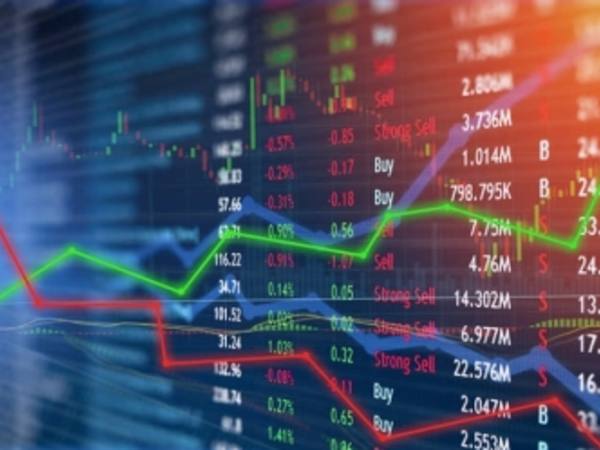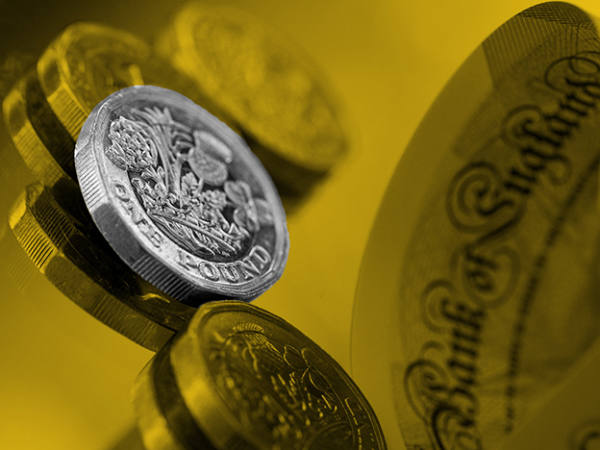- Accounting standards have evolved over five millenia
- Applying better standards to ESG monitoring could help investors make better decisions
Investors need a new kind of numbers geek. For decades, in offices around the world, silent armies of accountants have been compiling the statements of profit and loss that shareholders depend on for tracking company performance.
Now, an emerging group of accounting disruptors think investors need to do far more than sort operating from net profits; they should also know which companies have the lowest carbon footprint and the most female board members. Identifying do-good businesses is not just about helping society and the planet, they believe, but avoiding investment risks that aren’t traditionally counted on a company balance sheet.
A revolution is afoot. But to understand how a new system for quantifying environmental and other non-financial issues should evolve, it is worth looking back to the surprisingly colourful history of financial accounting to learn how we got to where we are today.
Romans, a monk and a financial crash
The concept of recording income and spending has existed for thousands of years. Historians have discovered accounting records from as far back as 3000 BC, when traders inscribed clay slabs to keep track of their transactions. It is believed centralised book-keeping underpinned the prosperity of the Roman Empire and the operations of its vast army, which appointed accountants to monitor its salaries and expenditure.
Centuries after the fall of Rome, the groundwork for the modern balance sheet was laid by an Italian monk named Luca Pacioli. His book, published in 1494, outlined the advantages of separately listing debit and credit, which companies still do today. However, it was only relatively recently that businesses were presented with strict laws on exactly what should be listed in their financial statements, and how these items must be measured.
The uncovering of widespread accounting fraud in the lead-up to the Great Depression of the 1930s finally pushed the US, by then the world’s largest economy, to introduce requirements for its publicly listed companies to release independently audited financial statements. Over the ensuing years, a range of accounting boards were set up by countries around the world, meaning for decades accountants at international companies had to produce numerous different calculations of profit each year. But since the early 2000s, most nations have converged around the International Financial Reporting Standards (IFRS). The US continues to set its own variations of the rules.
By transcribing accounting standards into national law, governments guaranteed – at least most of the time – that investors could depend on regular and reliable statements of revenue and expenditure. The globalisation of these rules, with all publicly listed companies in the European Union now following the IFRS, also ensures that investors can compare results across borders: earnings for FTSE 100 companies can be weighed up against those for constituents of the German Dax index, for instance.
“Chaos phase”
If scientists’ gloomy predictions about an impending climate crisis are to be believed, the new accounting standards setters will need to move considerably faster than five millennia to establish a universal framework for measuring how businesses impact the planet. A century of legislation and international consensus-building must be condensed into a matter of years.
This will be far from simple. When companies decide to disclose their environmental, social and governance data today – it is still mostly voluntary for them to do so – they face an overwhelming choice of accounting guidelines. Online platform The Reporting Exchange has identified 369 accounting standards and more than 60 different standards-setters worldwide. Another set of guidelines landed last month after the 'Big Four' accounting firms declared their support for a new framework developed by the World Economic Forum (WEF).
Janine Guillot, chief executive of the Sustainability Accounting Standards Board (SASB), one of the more popular standards-setters, says the evolution is still in its “chaos phase”. But she also acknowledges the need for consolidation. A joint statement this year from SASB and four of its peers outlined how they planned to “come together” to form “a more coherent, comprehensive corporate reporting system”.
In the meantime, the EU is seeking to tighten its regulations, requiring companies to report non-financial information, although it is not clear how much this will draw from the work of organisations such as SASB and the WEF. Ultimately, if we have learnt one lesson from the development of financial accounting standards, it is that there will be little progression without top-down enforcement from an international legislator such as the EU.
The value of everything
Investors should hope this comes soon. Accounting standards are not infallible, even when enforced by law, but comprehensive and comparable ESG data could be an invaluable addition to the stockpicker’s toolbox. High-profile financial accounting frauds like those uncovered this year at Wirecard, whose board had no audit committee when the payments company entered the Dax, may be less likely to pass under investors’ noses if all publicly traded companies were also forced to submit transparent data on governance and other environmental, social and governance (ESG) matters.
It is often said, by those paraphrasing Oscar Wilde, that accountants know the price of everything and the value of nothing. Establishing a universal standard for reporting ESG issues, however, would ensure the number-crunchers are required to measure much more than the price of everything. It might help investors understand the value of a few more things too.











